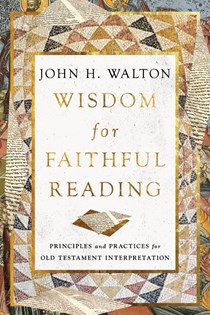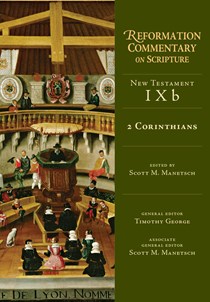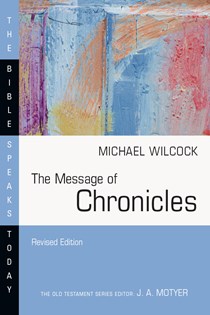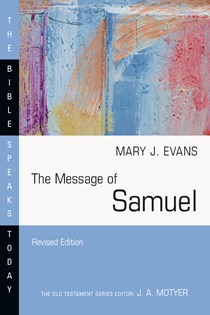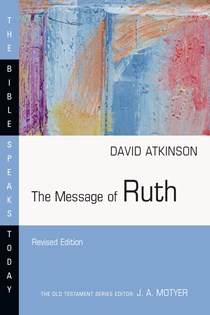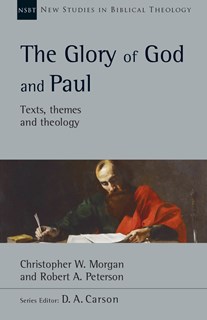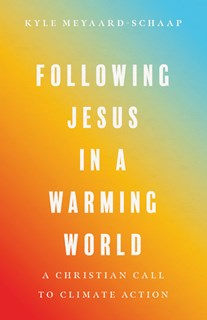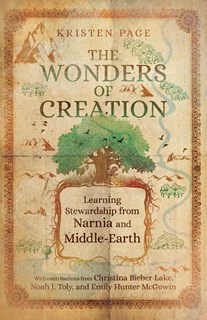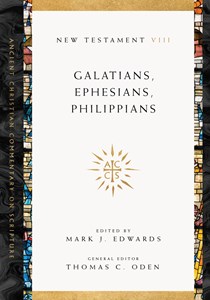Theological Studies
-
Wisdom for Faithful Reading
Principles and Practices for Old Testament Interpretation
by John H. Walton
The church has often lost its way in reading the Old Testament for lack of sound principles of interpretation. John Walton offers a consistent approach to give us confidence as faithful interpreters, laying out his tried-and-true practices developed over four decades in the classroom. You may never read the Old Testament the same way again.
-
2 Corinthians
Reformation Commentary on Scripture
Edited by Scott M. Manetsch
In this commentary on 2 Corinthians, Scott Manetsch guides readers through both familiar voices and lesser-known figures of the early modern period from a diversity of theological traditions, including Lutherans, Reformed, Radicals, Anglicans, and Roman Catholics. This volume will open the Reformation's resources to preachers, scholars, and all who would be newly created in Christ.
-
The Message of Chronicles
The Bible Speaks Today Series
by Michael Wilcock
In this insightful, readable commentary, Michael Wilcock shows how the various characters in Chronicles make vivid the truth by which the Lord's people in every generation are to live. This thoughtful exposition on Chronicles sheds light on great overall pattern of God's hand in history, making the book come alive for students, teachers, and anyone seeking to delve deeper in the text.
-
The Message of Samuel
Personalities, Potential, Politics and Power
The Bible Speaks Today Series
by Mary J. Evans
In this insightful, readable commentary on 1 and 2 Samuel, Mary J. Evans reveals the faithfulness of God that endures behind the faults and failings of Israel's best and brightest, a faithfulness that looks on the heart and directs the path of every king and kingdom. This commentary offers accessible discussion for students, teachers, and anyone looking to delve deeper into the text.
-
The Message of Ruth
The Wings of Refuge
The Bible Speaks Today Series
by David J. Atkinson
In this passage-by-passage exposition of the book of Ruth, David Atkinson offers insightful, readable commentary on the biblical text and thought-provoking discussion of how its meaning relates to contemporary life. Part of the beloved Bible Speaks Today series, this accessible commentary is ideal for those studying or preaching the Bible.
-
The Glory of God and Paul
New Studies in Biblical Theology
by Christopher W. Morgan and Robert A. Peterson
Series edited by D. A. CarsonGod intends his glory to impact many areas of believers' lives—their gradual transformation "from glory to glory" occurs as they meditate and reflect on the splendor of the Lord. Christopher Morgan and Robert Peterson explore the glory of God in Paul's letters, touching on the Trinity, salvation, the resurrection, the new covenant, the church, eschatology, and the Christian life.
-
Following Jesus in a Warming World
A Christian Call to Climate Action
by Kyle Meyaard-Schaap
Many young Christians are waking up to the realities of climate change but just don't know how to help. Through stories from the field, theological and scriptural exploration, and practical advice, this field guide from Christian climate activist Kyle Meyaard-Schaap helps us take meaningful action grounded in the joy of caring for creation.
-
The Wonders of Creation
Learning Stewardship from Narnia and Middle-Earth
Hansen Lectureship Series
by Kristen Page
Contributions by Christina Bieber Lake, Noah J. Toly, and Emily Hunter McGowinIn this insightful exploration of Narnia and Middle-earth, Biologist Kristen Page discovers what we these beloved fictional landscapes might teach us about our real-life landscapes and how to become better stewards of God's good creation.
-
Flood and Fury
Old Testament Violence and the Shalom of God
by Matthew J. Lynch
Foreword by Helen PaynterOld Testament violence proves one of the most troubling topics in the Bible. Without softening or ignoring the most troubling realities of the text, Old Testament scholar Matthew Lynch addresses violence related to misogyny, racism, and nationalism in the Old Testament, yielding surprising insights into the goodness and mercy of God.
-
Galatians, Ephesians, Philippians
Volume 8
Ancient Christian Commentary on Scripture
Edited by Mark J. Edwards
General Editor Thomas C. OdenPaul's letters to the Galatians, Ephesians, and Philippians have struck an indelible impression on Christian tradition and piety. In this ACCS volume, the expository voices of Jerome, Origen, Augustine, Chrysostom, Ambrosiaster, Theodoret, Marius Victorinus, and Theodore of Mopsuestia speak again with eloquence and intellectual acumen.


